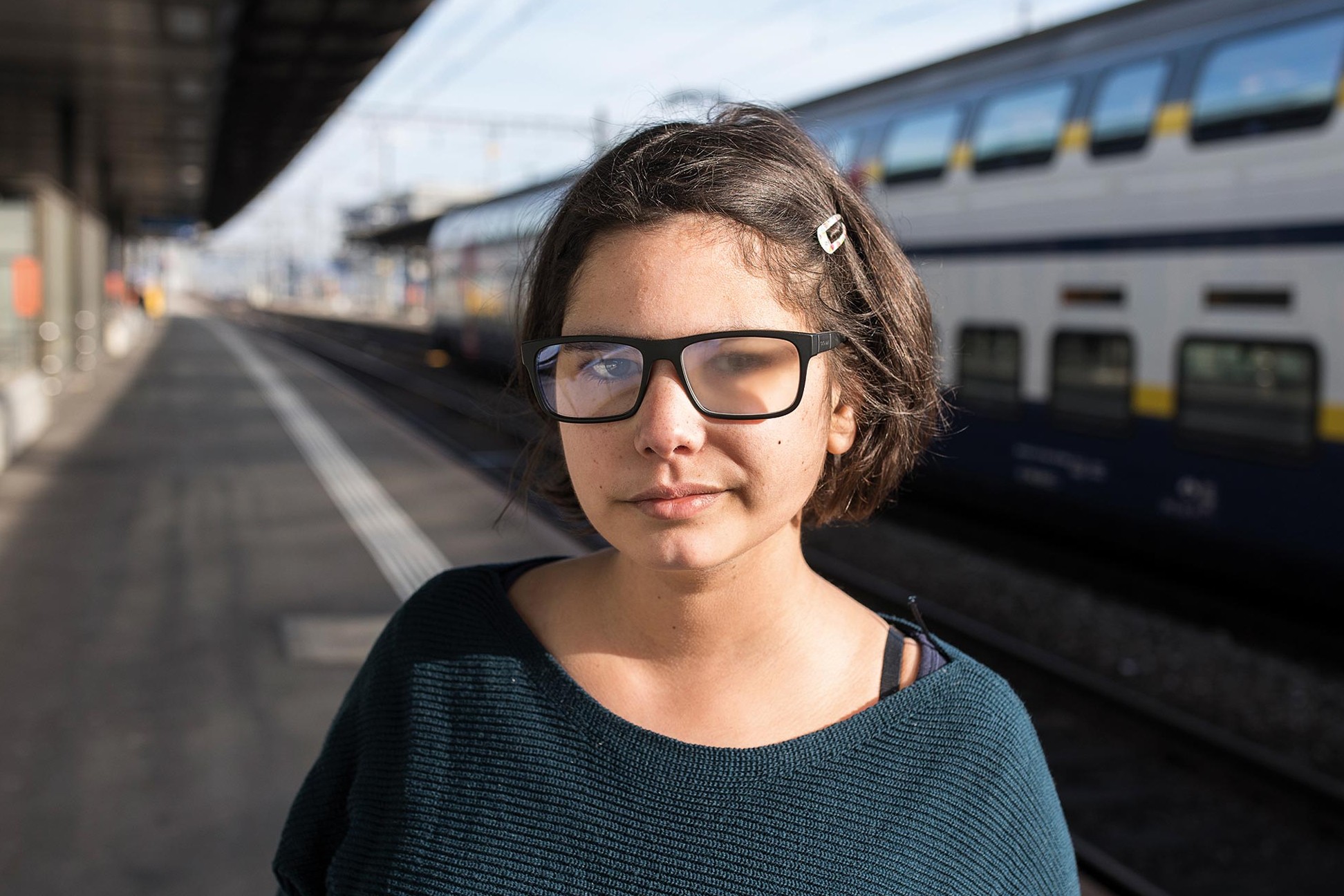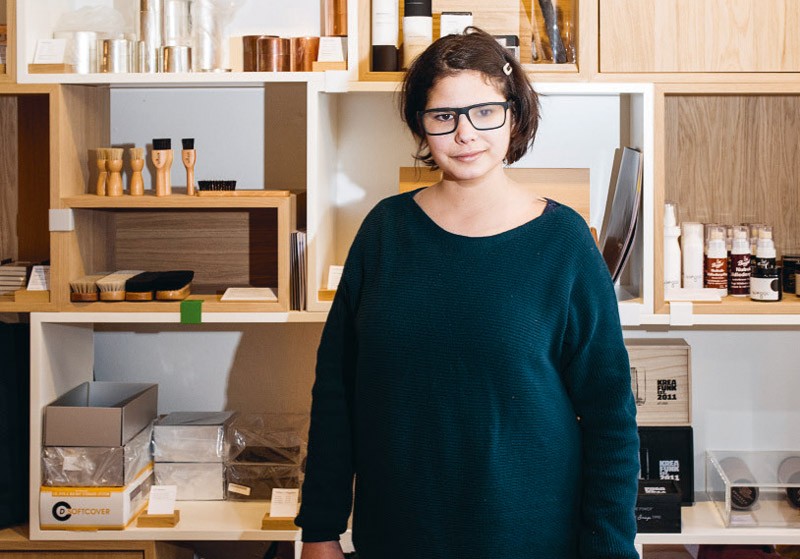“I only look to the future – because I cannot change the past”
Delia Mazuret, brain tumour survivor

“When I was eleven, the doctors discovered I had a brain tumour. I spent a long time in hospital where I had both chemotherapy and radiotherapy. I was really poorly; I couldn’t eat anything and I lost a lot of weight. My mother was by my side every step of the way. They say that if your cancer doesn’t return within five years, you are cured – but that’s not true. Five and a half years after my first illness, the doctors found another brain tumour during a routine check-up. I had to go back to hospital, had an operation and went through severe chemotherapy. I am in follow-up care now and have to go for a check-up every six months; at the beginning, it was every three. Because the late effects are so severe in my case, I also have to go to therapy several times a week.”
“I found it very difficult going back to school because my teacher did not support me and I ended up having to repeat a school year. Originally, I was going to go to the grammar school in Switzerland but I ended up having to change down a school. My short-term memory doesn’t work all that well since I had the treatment. But I managed to finish school and I started an apprenticeship as a pharmaceutical assistant. When the cancer came back, it was impossible for me to continue my apprenticeship. At the moment, I cannot even contemplate an apprenticeship or training because I have to relearn so many things, such as walking. It’s almost as if you have to fight your way back into life every day. But I only look to the future – because I cannot change the past.”

“I am really fortunate in that my parents give me an incredible amount of support, for which I am truly grateful. But things have to change, for example, in reintegration and in the assumption of costs for public transport by the invalidity insurance (IV). I have to go to therapy on a regular basis and that costs a lot of money, but is not covered by the IV. Anyone going with me to the therapy sessions gets the travel costs reimbursed, but as the person affected, I don’t. Questions many survivors worry about are, “What will happen to school or training after the illness and therapy?” I do get a little financial support from the IV, but I would also like specific offers and measures for entering working life, so that – when I am healthy again – I can learn a profession and be independent. I’m not the only one of course; other survivors also struggle with this problem and need support when it comes to starting or re-starting professional life.”
“I think it is essential that more people are made aware of childhood cancer and the late effects of the illness and therapy. Because of my situation, my family and colleagues now know what it means to have cancer and what the consequences can be for the person affected. But there are a lot of people who have no one in their environment with cancer and therefore don’t have the right information or are certainly not informed sufficiently to be able to judge a situation and therefore end up acting strangely. And that can lead to a child with cancer being discriminated against at school by fellow students and even teachers. I personally hope that, in the future, there will be a contact point that offers specific support when it comes to choosing a profession and that that office, centre or institution will accompany those affected through this process.”